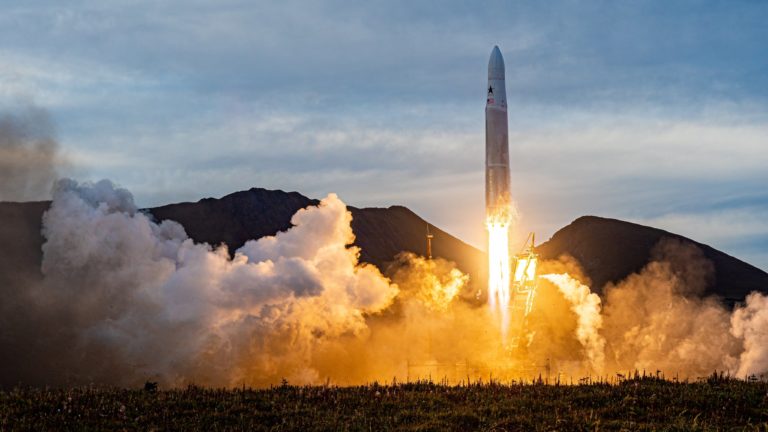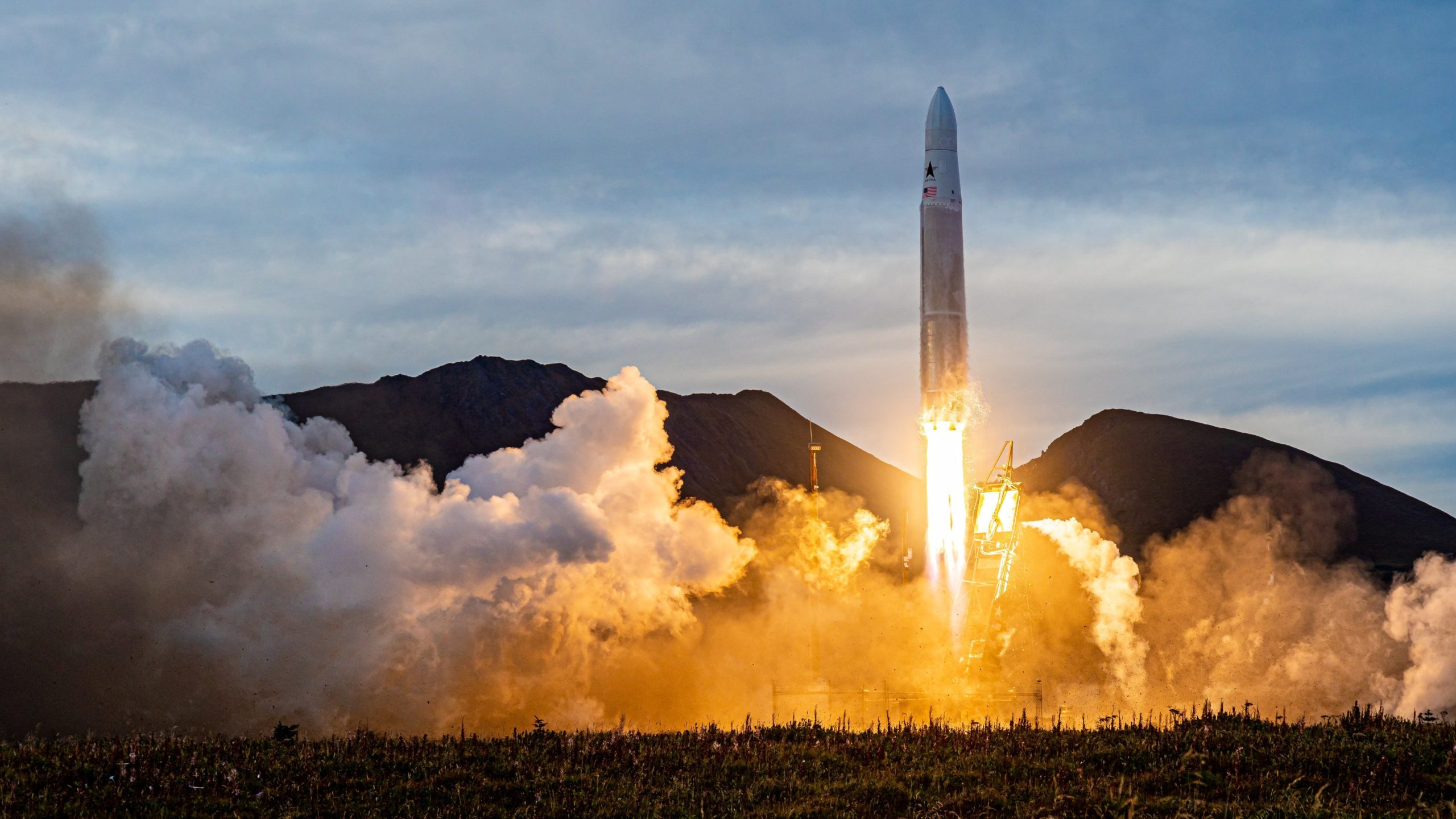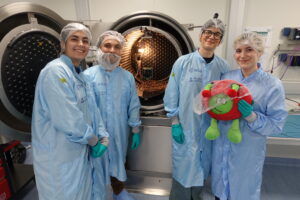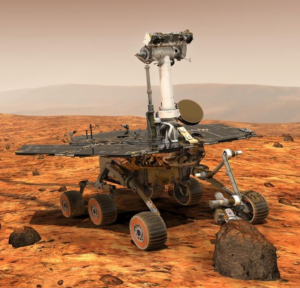
Astra, a space start-up company based in California, emerged as the latest rocket builder to reach space.
On December 15, in their second attempt, they successfully launched Rocket 3.2 vehicle from Kodiak, Alaska after the failure of Rocket 3.1 on September 11 due to a problem in the guidance system. The test flight, with the objective of arriving in orbit, reached up to a maximum altitude of 390 kilometres with a maximum speed of 7.2 kilometres per second, but failed to attain necessary velocity to achieve the orbit as the launcher ran out of fuel. Astra officials stated that the 11.6 meters tall Rocket 3.2 performed magnificently for approximately 8 minutes. The flight demonstrated the launcher’s first stage with Five kerosene-fuelled Delphin engines burning for 2 minutes and 22 seconds, payload fairing separation three seconds later followed by separation of the first stage and successful ignition of the second stage engine. After shutting off its upper stage, the test flight simulated activity to deploy payload into space although there were no onboard satellites.
With the significant success from the present launch, Astra is planning to add a payload into their next flight Rocket 3.3 that is scheduled for early 2021. The company intends to come up with upgraded versions like Rocket 3.3, 3.4 and many more to increase performance and deliver a payload into orbit at a reduced cost that has never been possible before. This success from the private start-up company is the route for many start-ups to enter the competition in the space domain





